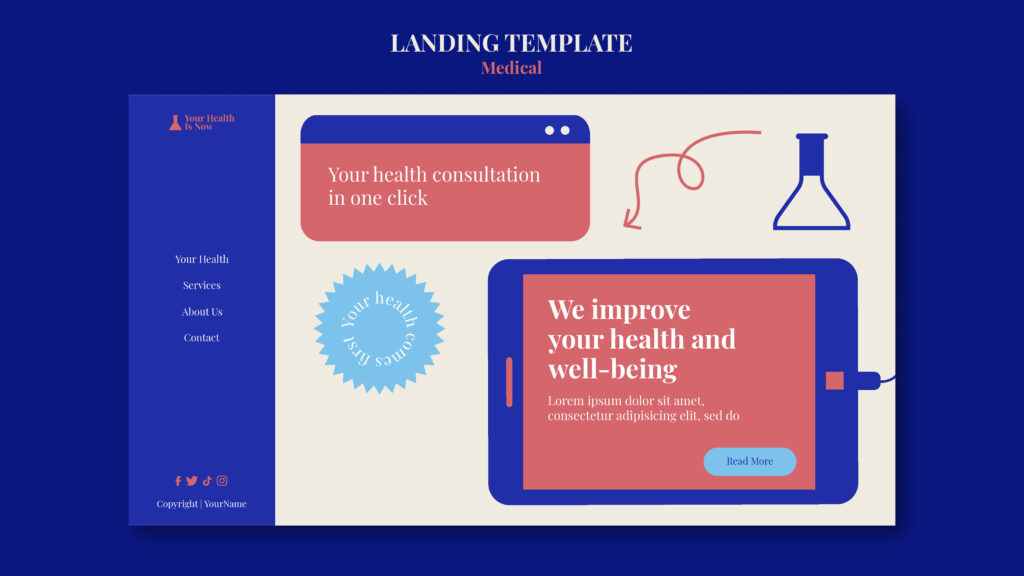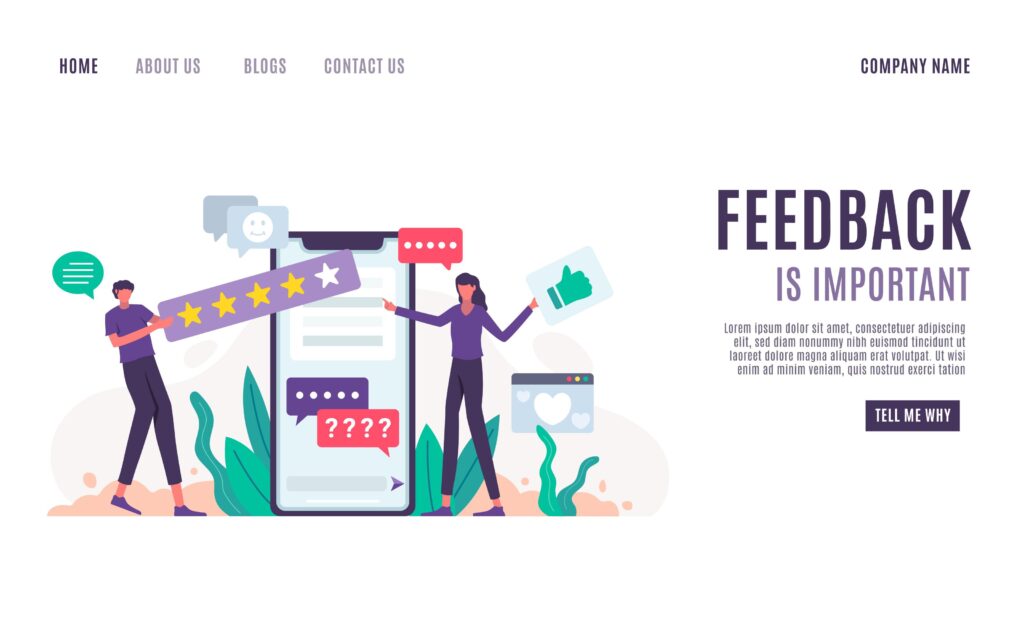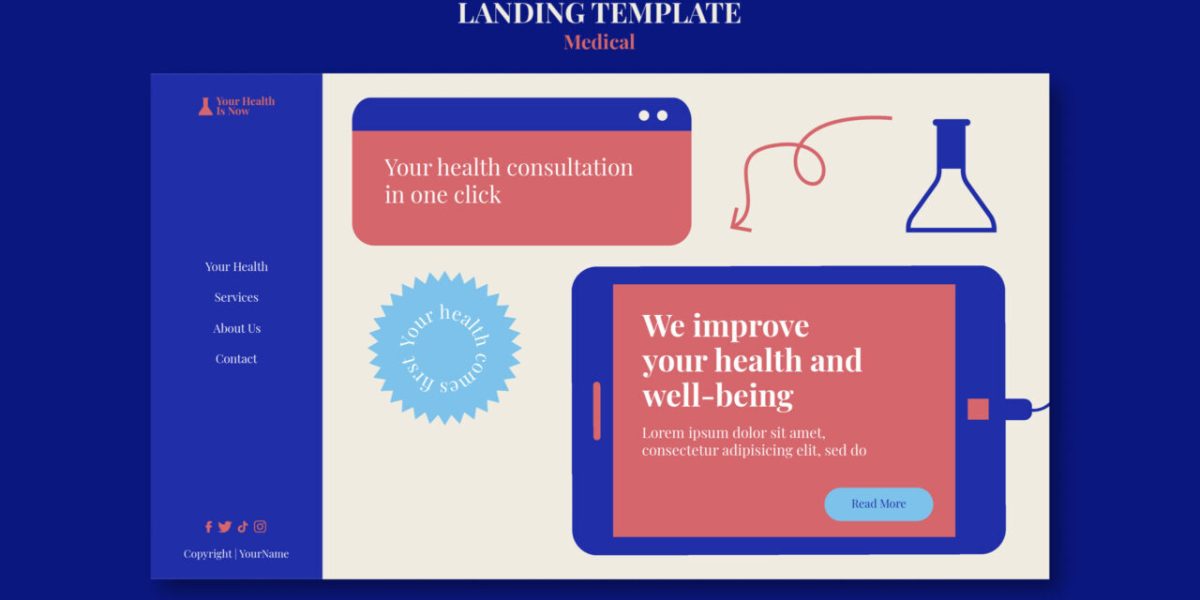Introduction
Landing pages are pivotal in turning visitors into customers. A well-crafted landing page not only captures attention but also drives action. Here’s how to design landing pages that convert effectively.
1. Align Messaging with Source
Ensure that your landing page content matches the message of the ad or link that brought the visitor there. Consistency builds trust and reduces bounce rates.

2. Prioritize Above-the-Fold Content
Place key information and calls-to-action (CTAs) where they are immediately visible without scrolling. This includes headlines, unique selling propositions, and primary CTAs.
3. Simplify Navigation
Minimize distractions by removing unnecessary links and menus. A focused layout keeps visitors on the path to conversion.
4. Utilize Visual Cues
Guide visitors’ attention using arrows, images, or contrasting colors to highlight important elements like CTAs.
5. Incorporate Social Proof
Display testimonials, reviews, or trust badges to build credibility and reassure visitors of your value.

6. Optimize for Mobile
Design responsive pages that load quickly and function seamlessly on all devices, catering to the increasing number of mobile users.
7. Conduct A/B Testing
Regularly test different versions of your landing page elements to determine what resonates best with your audience and improves conversion rates.
Conclusion
Creating a high-converting landing page involves clear messaging, strategic design, and ongoing optimization. By focusing on these best practices, you can enhance user experience and drive meaningful results.
Resources & Further Reading
- Unbounce: Landing Page Best Practices to Create High-Converting Pages
- Hotjar: Landing Page Optimization: A Complete Guide
- Neil Patel: Creating & Optimizing High-Converting Landing Pages
- CXL: Anatomy of a High Converting Landing Page: 5 Steps to Design One
- Mailchimp: How to Create a High Converting Landing Page

